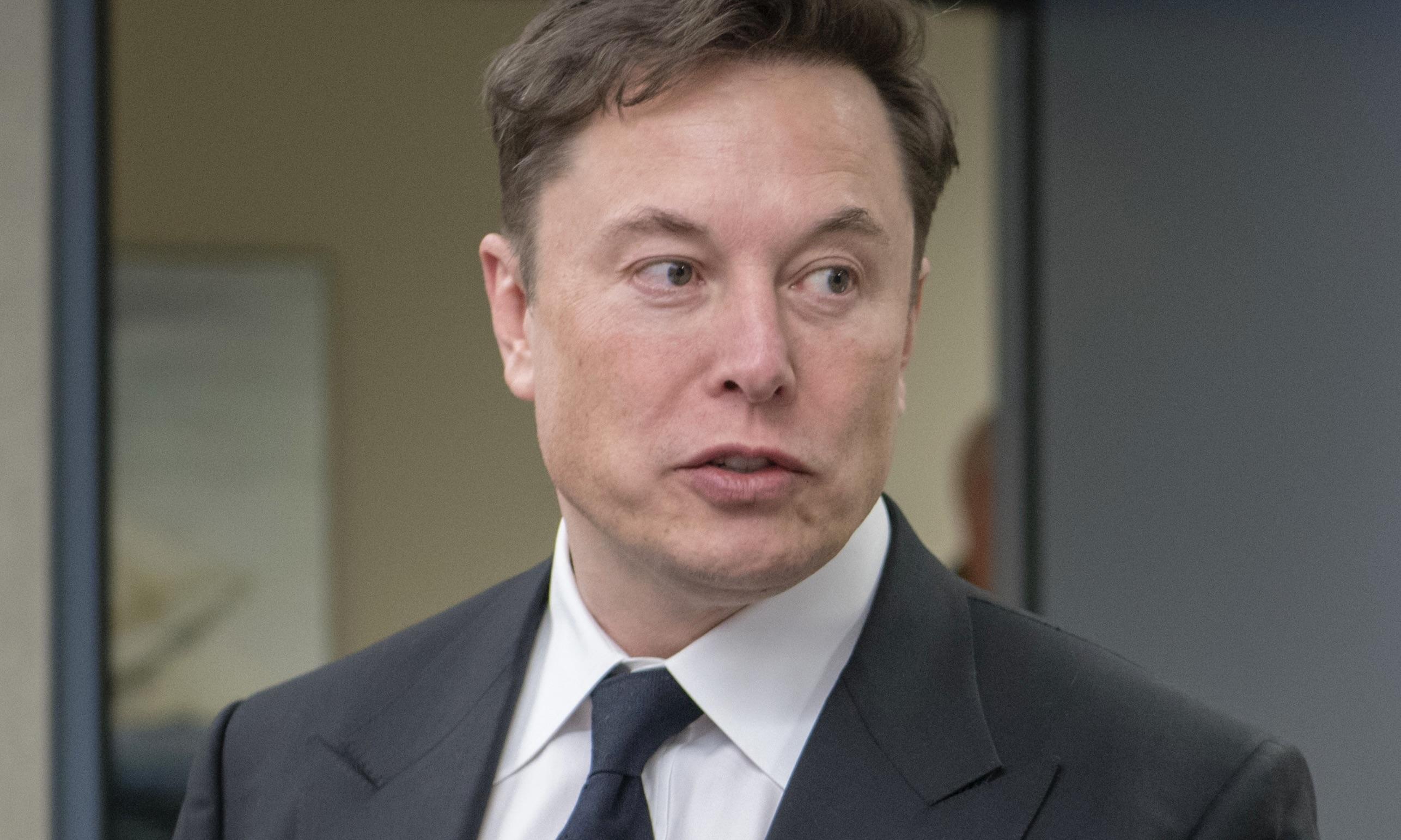In a bold move to streamline federal operations, tech entrepreneur Elon Musk and biotech investor Vivek Ramaswamy have proposed terminating remote work privileges for federal employees. This initiative aims to reduce government size and enhance efficiency.
Appointed by President-elect Donald Trump to lead the newly established Department of Government Efficiency (DOGE), Musk and Ramaswamy outlined their strategy in a Wall Street Journal op-ed. They argued that mandating a full-time return to the office would prompt voluntary resignations, thereby downsizing the federal workforce.
"Requiring federal employees to come to the office five days a week would result in a wave of voluntary terminations that we welcome," they wrote. "If federal employees don't want to show up, American taxpayers shouldn't pay them for the Covid-era privilege of staying home."
The proposal has sparked a spectrum of reactions. Supporters assert that ending remote work will enhance accountability and productivity within federal agencies. Critics, however, contend that such a mandate could lead to the loss of skilled personnel and disrupt essential services.
Union leaders have expressed strong opposition. Jacqueline Simon, policy director for the American Federation of Government Employees, stated, "These kinds of broadsides from Ramaswamy and Elon Musk show a really tremendous level of ignorance about the operations of the federal government."
On social media, the debate is equally divided. Twitter user @PatriotGuardians expressed support, tweeting, "Finally, a move to cut government waste. #EndRemoteWork." Conversely, @JusticeForAll commented, "This is a shortsighted policy that will harm public services. #SupportFederalWorkers."
The Office of Management and Budget reports that approximately 1.1 million federal employees, nearly half of the civilian workforce, are eligible for telework.
Musk and Ramaswamy's plan includes identifying the minimum number of employees required for agencies to perform their constitutionally permissible and statutory functions. They also propose relocating federal agencies out of the Washington area to further reduce bureaucracy.
As the incoming administration prepares to implement these changes, the impact on federal operations and employee morale remains uncertain. The proposal is expected to face legal challenges and resistance from federal employee unions.
The debate underscores the broader discussion about the future of work in the post-pandemic era and the balance between efficiency and employee flexibility within government operations.



 U.S.-Israel Strike on Iran Escalates Middle East Conflict, Trump Claims Khamenei Killed
U.S.-Israel Strike on Iran Escalates Middle East Conflict, Trump Claims Khamenei Killed  Trump Says U.S. Combat Operations in Iran Will Continue Until Objectives Are Met
Trump Says U.S. Combat Operations in Iran Will Continue Until Objectives Are Met  Failure of US-Iran talks was all-too predictable – but Trump could still have stuck with diplomacy over strikes
Failure of US-Iran talks was all-too predictable – but Trump could still have stuck with diplomacy over strikes  Pentagon Downplays ‘Endless War’ Fears After U.S. Strikes on Iran Escalate Conflict
Pentagon Downplays ‘Endless War’ Fears After U.S. Strikes on Iran Escalate Conflict  Iran Detains U.S. Citizens Amid Escalating Conflict With the United States and Israel
Iran Detains U.S. Citizens Amid Escalating Conflict With the United States and Israel  Supreme Court Backs GOP Lawmaker in New York Redistricting Fight Ahead of Midterms
Supreme Court Backs GOP Lawmaker in New York Redistricting Fight Ahead of Midterms  Marco Rubio to Brief Congress After U.S.-Israeli Strikes on Iran
Marco Rubio to Brief Congress After U.S.-Israeli Strikes on Iran  Does international law still matter? The strike on the girls’ school in Iran shows why we need it
Does international law still matter? The strike on the girls’ school in Iran shows why we need it  Argentina Tax Reform 2026: President Javier Milei Pushes Lower Taxes and Structural Changes
Argentina Tax Reform 2026: President Javier Milei Pushes Lower Taxes and Structural Changes  Trump Launches Operation Epic Fury: U.S. Strikes on Iran Mark High-Risk Shift in Middle East
Trump Launches Operation Epic Fury: U.S. Strikes on Iran Mark High-Risk Shift in Middle East  U.S.-Israel War on Iran Escalates as Gulf Conflict Disrupts Oil, Air Travel and Regional Security
U.S.-Israel War on Iran Escalates as Gulf Conflict Disrupts Oil, Air Travel and Regional Security  Zelenskiy Urges Change in Iran After U.S. and Israeli Strikes, Cites Drone Support for Russia
Zelenskiy Urges Change in Iran After U.S. and Israeli Strikes, Cites Drone Support for Russia  AI is already creeping into election campaigns. NZ’s rules aren’t ready
AI is already creeping into election campaigns. NZ’s rules aren’t ready  Suspected Drone Strike Hits RAF Akrotiri Base in Cyprus, Causing Limited Damage
Suspected Drone Strike Hits RAF Akrotiri Base in Cyprus, Causing Limited Damage  Melania Trump Chairs Historic U.N. Security Council Meeting on Children Amid Iran Conflict
Melania Trump Chairs Historic U.N. Security Council Meeting on Children Amid Iran Conflict  Israel Launches Fresh Strikes on Iran After Death of Supreme Leader Ayatollah Khamenei
Israel Launches Fresh Strikes on Iran After Death of Supreme Leader Ayatollah Khamenei 
































